10 Foods That Can Worsen High Blood Pressure—What to Avoid

High blood pressure, or hypertension, is a serious health condition that can increase the risk of heart disease, stroke, and kidney failure. While genetics and lifestyle play a role, diet is one of the most significant factors that can either improve or worsen blood pressure levels. Certain foods, particularly those high in sodium, sugar, and unhealthy fats, can cause spikes in blood pressure and put extra strain on the heart. If you are trying to manage your blood pressure, avoiding these foods is essential. Here are 10 common foods that can worsen high blood pressure and should be limited or avoided.
1. Processed Meats
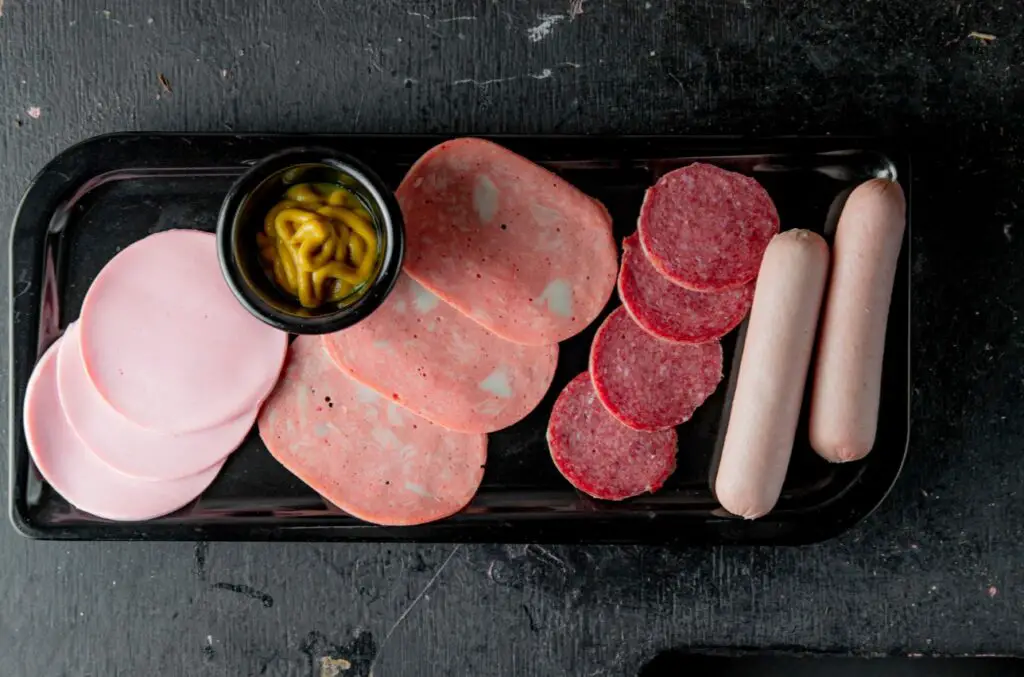
Processed meats like bacon, ham, sausages, and deli meats are loaded with sodium and preservatives, making them a major culprit for high blood pressure. These meats often contain excessive amounts of salt, which can lead to fluid retention and increased pressure in the blood vessels. Even low-sodium versions can still be problematic, as they often contain other additives that may contribute to hypertension. If you love deli meats, try opting for fresh, lean cuts of poultry or fish seasoned with herbs instead of salt.
2. Canned Soups and Broths
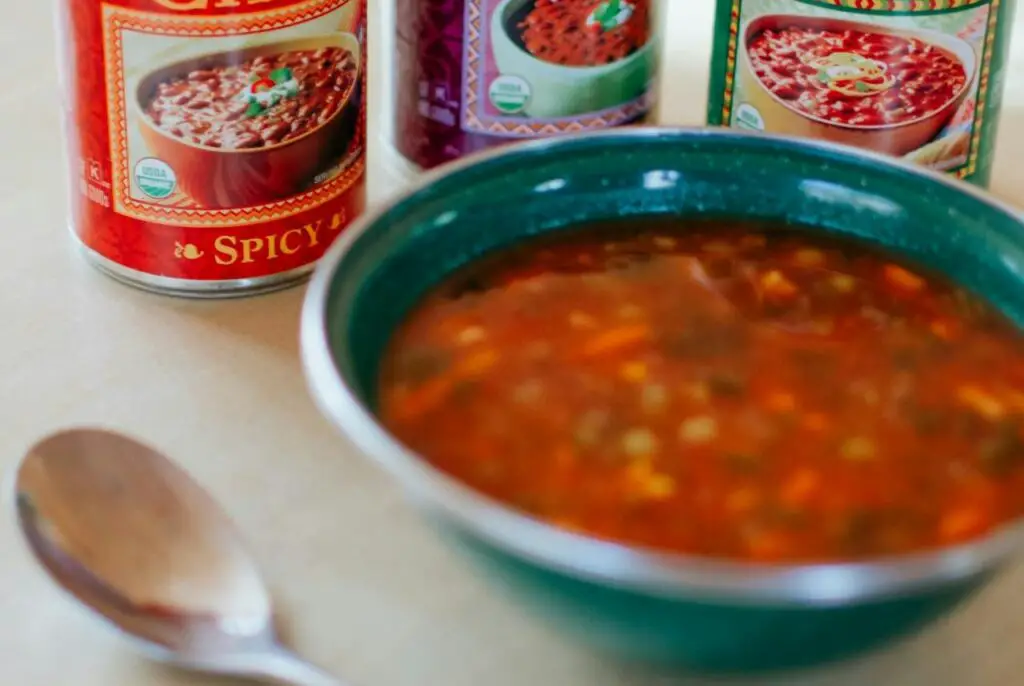
Canned soups may seem like a convenient meal, but they are often packed with sodium to enhance their shelf life and flavor. Many brands contain more than 800 milligrams of sodium per serving, which is nearly half of the recommended daily intake for people with high blood pressure. Even low-sodium or reduced-sodium versions can still have high salt content. Instead, consider making homemade soups using fresh ingredients and herbs for flavoring without the added salt.
3. Fast Food Burgers and Fries
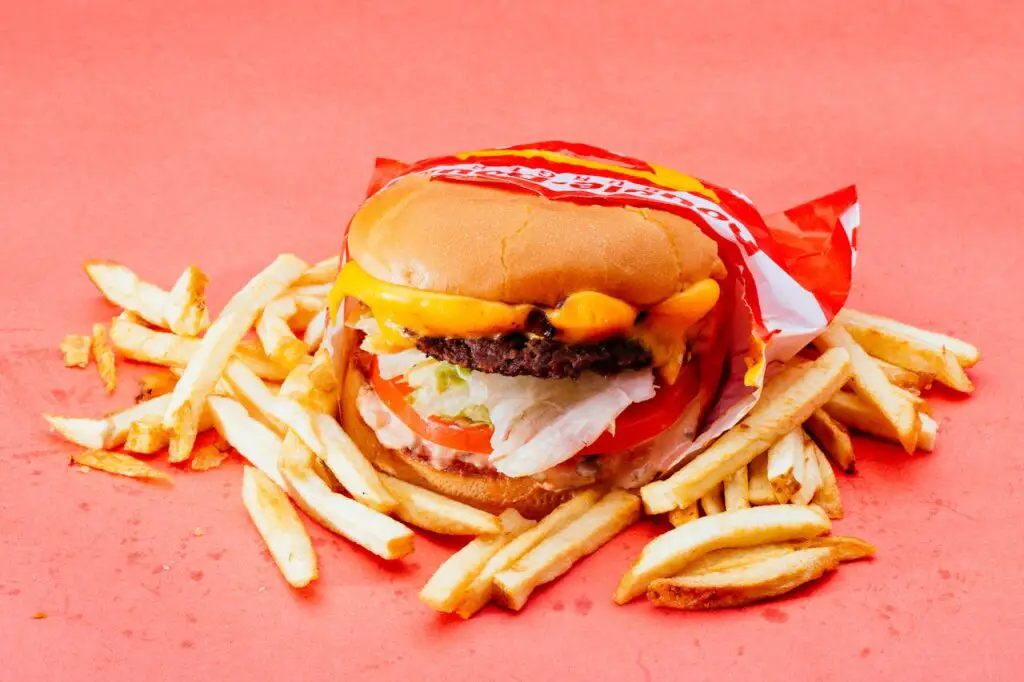
Fast food meals, especially burgers and fries, are a dangerous combination of high sodium, unhealthy fats, and refined carbohydrates. A single fast-food meal can exceed the recommended daily sodium intake, leading to fluid retention and increased blood pressure. Additionally, trans fats found in these foods contribute to inflammation and artery damage. If you crave a burger, consider making a homemade version with lean meat, whole-grain buns, and fresh vegetables.
4. Pickled and Fermented Foods
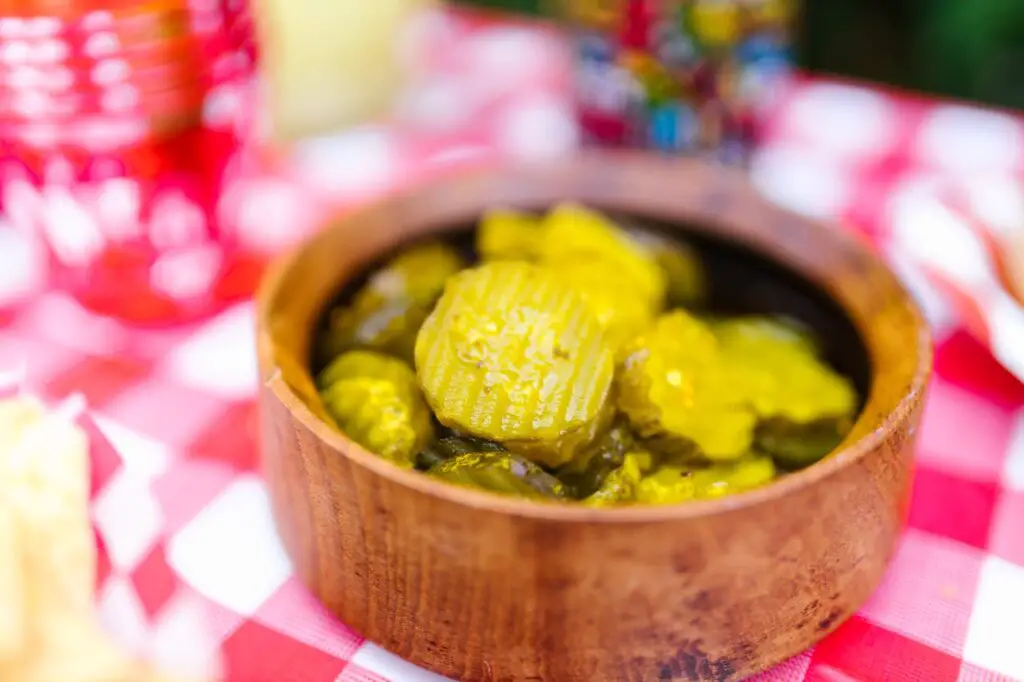
Pickles, sauerkraut, and other fermented foods may be flavorful, but they are typically preserved with high amounts of sodium. Pickled vegetables and condiments like soy sauce and kimchi can significantly contribute to high blood pressure if consumed frequently. The brining process involves soaking foods in salt-heavy solutions, making them a hidden source of excessive sodium. If you enjoy pickled foods, try making them at home with less salt or using vinegar-based alternatives.
5. Sugary Beverages
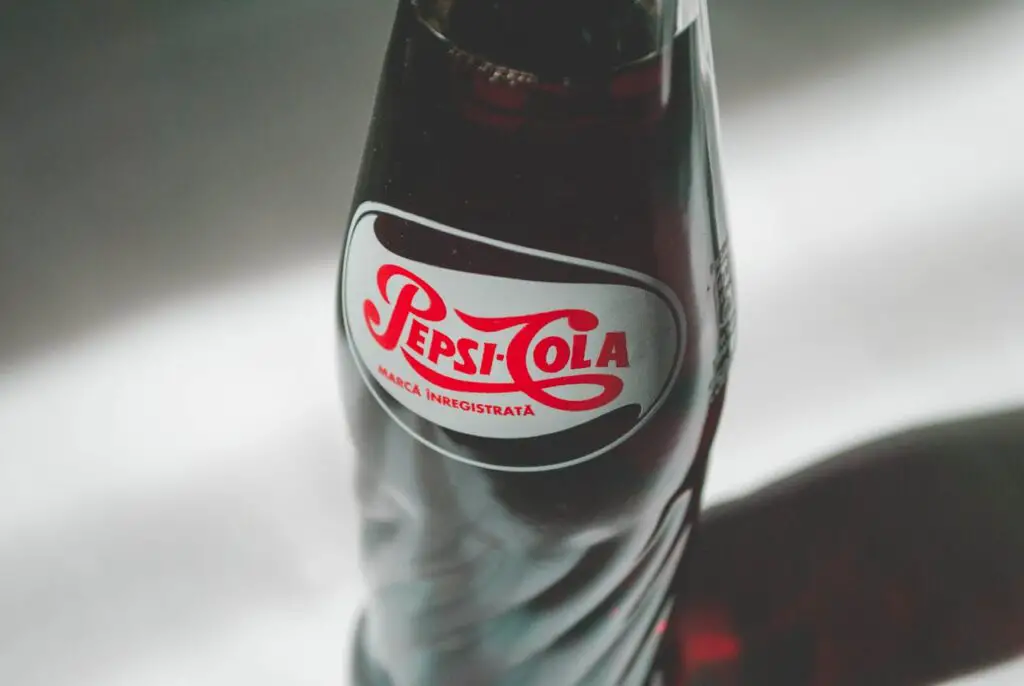
Sugary drinks like soda, fruit juices, energy drinks, and sweetened teas can lead to high blood pressure due to their high sugar content. Excess sugar can cause insulin resistance, weight gain, and increased inflammation, all of which can contribute to hypertension. Additionally, many sugary drinks contain caffeine, which can temporarily spike blood pressure levels. Instead, opt for water, herbal teas, or naturally flavored infused water to stay hydrated without the added sugar.
6. Frozen and Prepackaged Meals
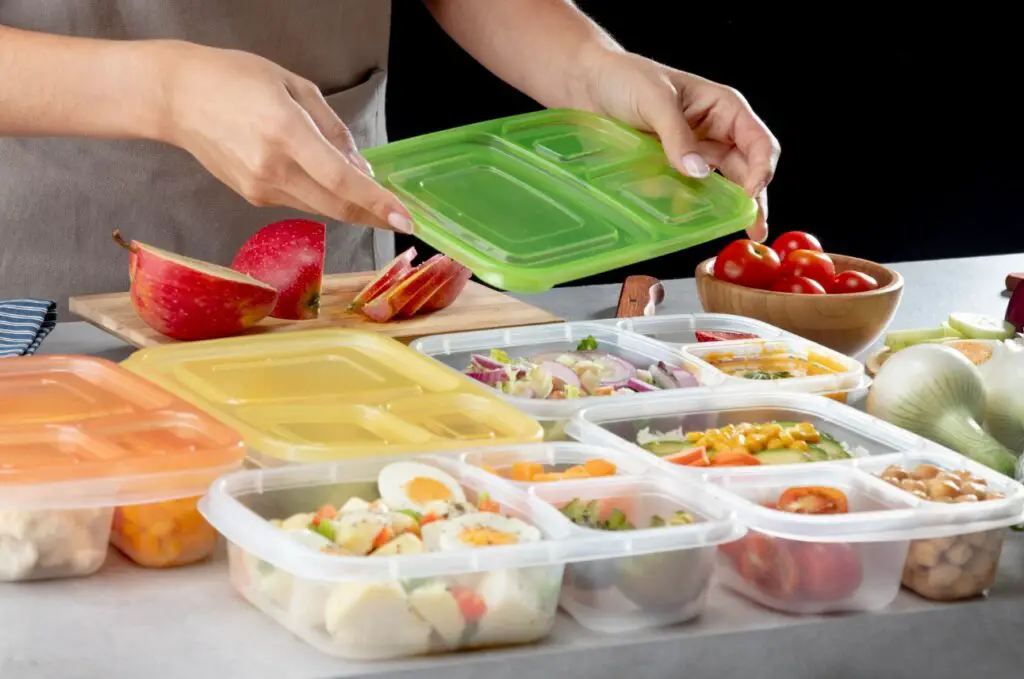
Frozen dinners, prepackaged pasta meals, and microwavable foods often contain high levels of sodium and preservatives. These meals are designed to last longer on shelves, but their convenience comes at the cost of excessive salt intake, which can lead to increased blood pressure. Many frozen meals contain over 1,000 milligrams of sodium per serving. Cooking fresh meals at home using whole ingredients is a better alternative to control sodium intake.
7. White Bread and Refined Carbohydrates
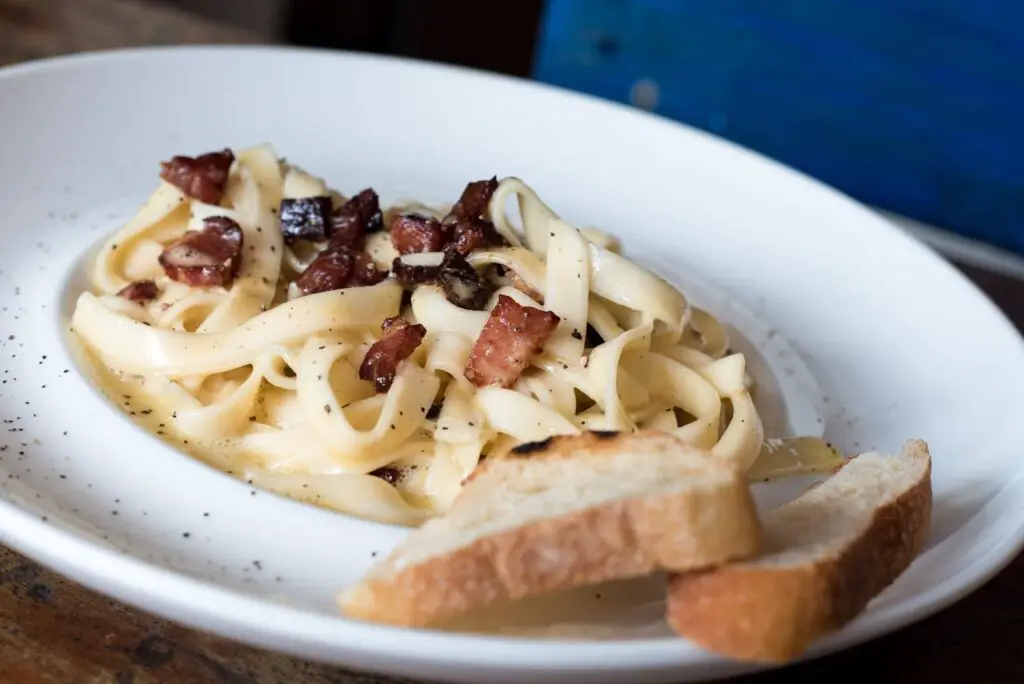
White bread, pasta, and other refined carbohydrates can contribute to high blood pressure by causing spikes in blood sugar levels. Refined grains are stripped of their fiber and nutrients, leading to rapid digestion and increased insulin levels, which may negatively affect blood pressure regulation. Instead, opt for whole grains such as whole wheat bread, brown rice, and quinoa, which provide more fiber and nutrients to support heart health.
8. Alcohol

Drinking too much alcohol can have a direct impact on blood pressure by increasing heart rate and weakening blood vessels over time. Heavy alcohol consumption can also interfere with blood pressure medications, making them less effective. Even moderate drinking can raise blood pressure in some individuals. To keep your blood pressure in check, consider limiting alcohol intake to occasional drinks or switching to non-alcoholic alternatives like herbal tea or flavored water.
9. Cheese and Full-Fat Dairy Products
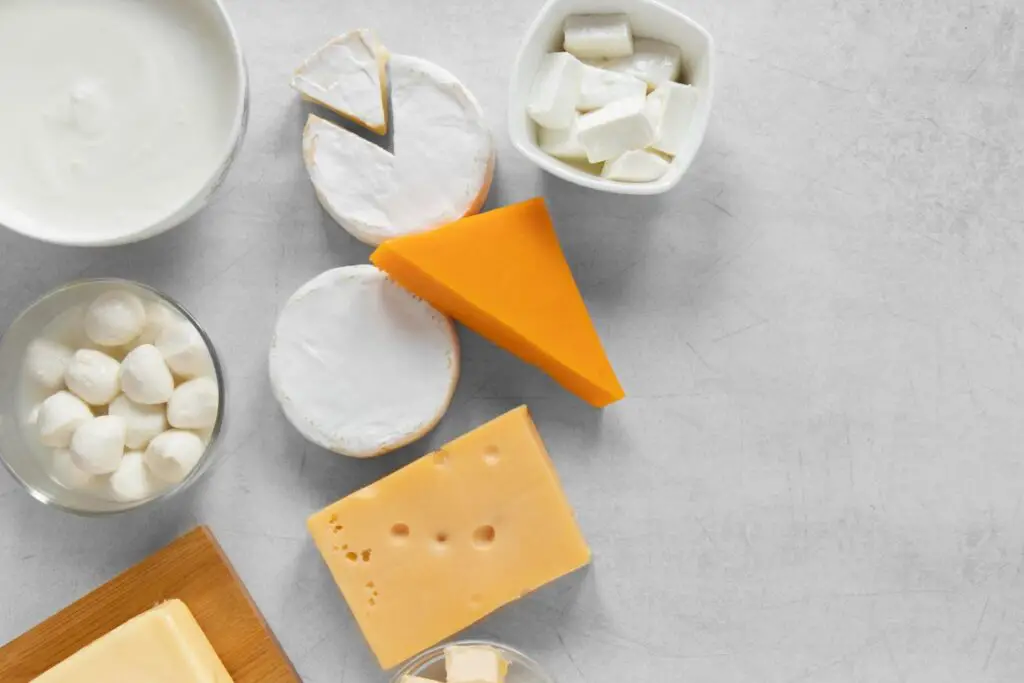
Many cheeses and full-fat dairy products are high in saturated fats and sodium, which can contribute to high blood pressure and clogged arteries. Popular cheeses like feta, blue cheese, and Parmesan are particularly high in sodium and should be consumed in moderation. Opting for low-fat dairy options or plant-based alternatives like almond milk and low-sodium cottage cheese can help support better heart health.
10. Candy and Processed Snacks

Candy, chips, and other processed snacks are typically high in sugar, salt, and unhealthy fats, all of which can worsen high blood pressure. These foods can cause weight gain and inflammation, making it harder for the body to regulate blood pressure effectively. The combination of refined sugars and artificial ingredients can also lead to insulin resistance and poor circulation. Instead of reaching for processed snacks, try healthier alternatives like nuts, seeds, or fresh fruit to satisfy cravings without harming your blood pressure.
Final Thoughts

Managing high blood pressure starts with making mindful dietary choices and avoiding foods that can worsen your condition. By cutting down on sodium, sugar, unhealthy fats, and processed foods, you can take control of your blood pressure and improve your overall health. Instead, focus on eating whole, nutrient-dense foods such as lean proteins, fresh vegetables, whole grains, and healthy fats to support heart health. Small dietary changes can make a significant difference in maintaining a healthy blood pressure and reducing the risk of serious health complications in the long run.
Leave a Reply